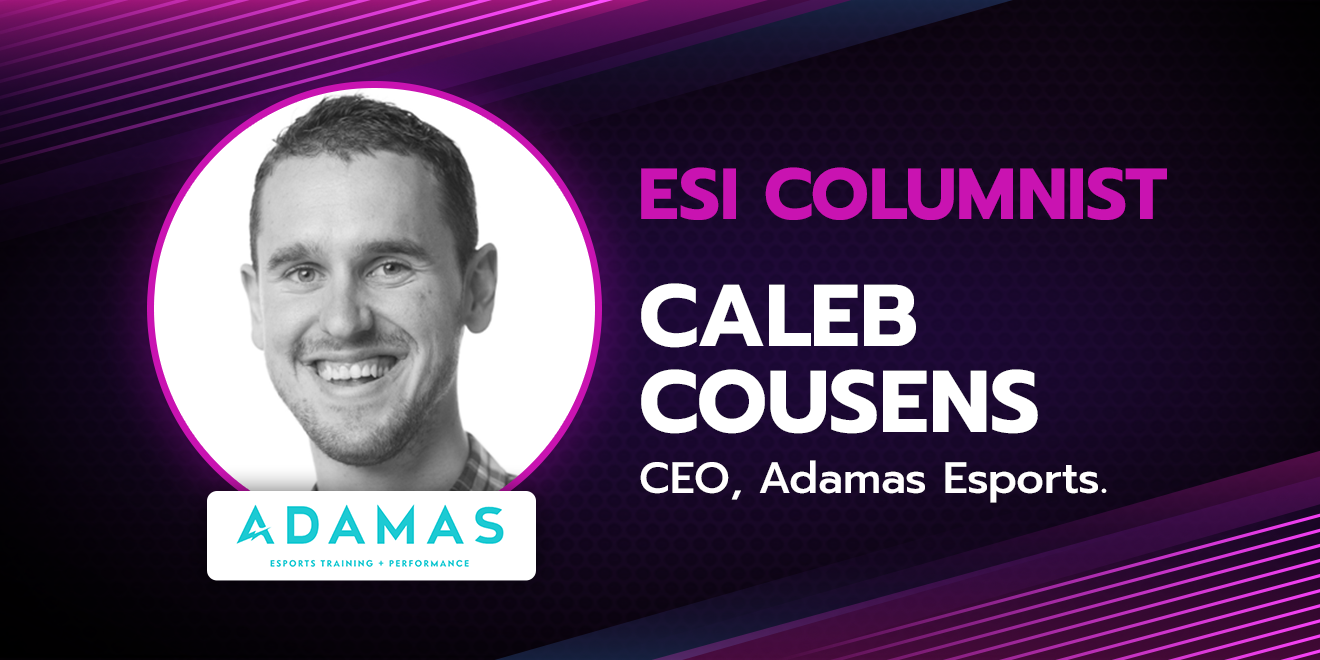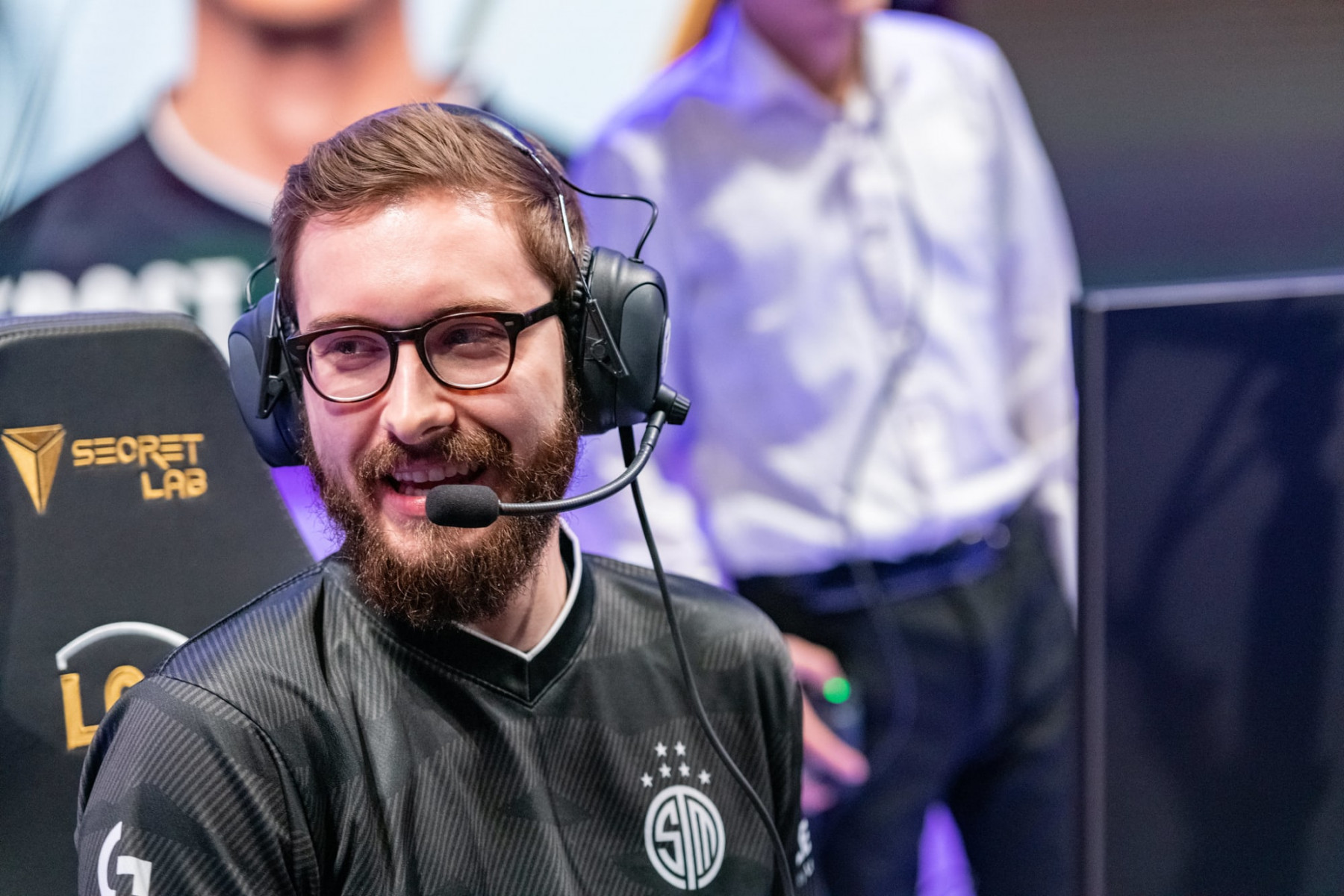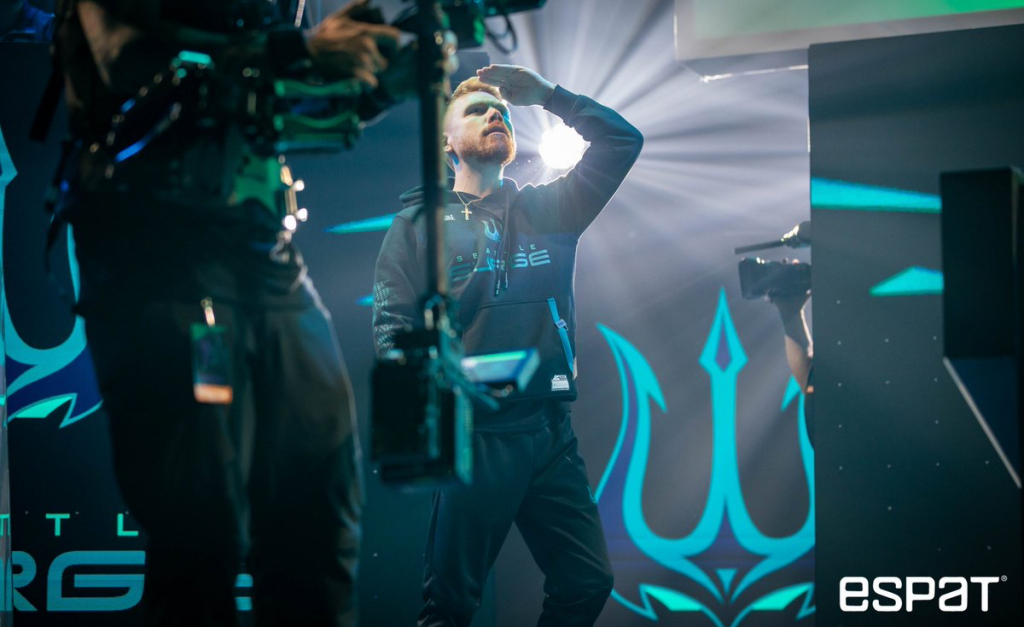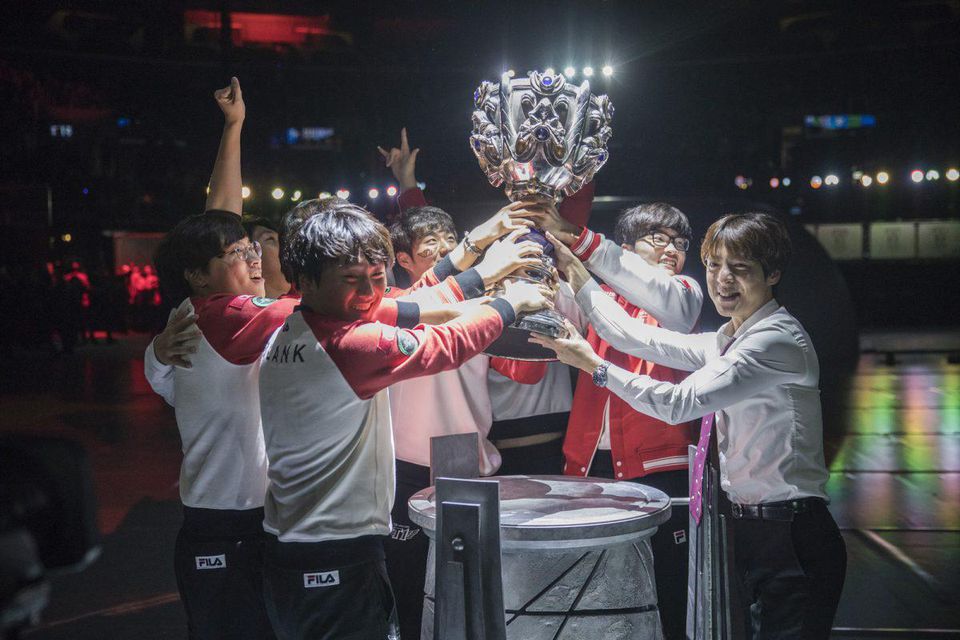In this piece, ESI’s new Guest Columnist Caleb Cousens, CEO of Adamas Esports, explores how teams gone by have created winning cultures, and how esports orgs can follow suit. His company has worked with teams such as the Vancouver Titans (Overwatch League), Seattle Surge (Call of Duty League), and Brazilian org INTZ.

Winning consistently doesn’t happen by accident. The Chicago Bulls of the 1990s, Manchester United around the turn of the century, the New England Patriots in the last decade or so — these teams all have an undeniable championship culture and have the silverware to back it up.
But how did they get there, and how do esports orgs achieve similar success? For the last three years, my team and I have been working with esports teams to optimise the wellness and performance of their players. As the industry has evolved, we have recognised the need to help team leaders develop their culture building.
In this article I’ll outline some key dos and don’ts for esports teams looking to build a winning culture — a culture which could lead orgs to sustainable success and, ultimately, building a lasting legacy.
Team turnover
Long-term and sustainable are key terms here because with all the investment into the industry over the last few years, there is a decidedly win-now mentality in many of the biggest leagues. This is ironic, as much of the investment has come from traditional-sport leaders and owners who know very well how to create a championship culture.
This win-now mentality has led to unhealthy trends around player and staff turnover. For example, of the 50 players starting on LCS rosters in 2020 only 10 of them remained as starters for the 2021 season. This was mirrored by countless staff changes, which has led to a further lack of consistency.
RELATED: INTZ welcomes Adamas Esports as performance partner
Of course there are multiple factors at play including retirements, players signed by bigger teams, coaches being let go and more, but it is impossible to build any sort of winning mentality or culture with this amount of turnover. Most great cultures I have witnessed or been a part of view failure as a way to learn and improve. Imagine if the Bulls had traded Jordan in any of his first 6 seasons without a Championship. Championship cultures take time, and the more time talented people have to do what they are paid to do, the better chance they have to succeed.
Player-first culture
This isn’t a new challenge in traditional sports, and we’ve seen the debate around how much power certain players — *cough*, LeBron, *cough* — have in the NBA, but there is an ingrained culture within traditional sport that demands players respect and follow the coach’s calls.
This is simply not the case in much of my experience in esports. In many instances, coaches are recently retired players. There is often a very small age or experience gap between player and coach. On top of that, many orgs have built, whether intentionally or not, an explicitly player/content, creator-first culture, which makes good sense on some level. As in traditional sports these are the personalities that your brand is built on and that win your org fame and fortune. It just makes it a challenging environment in which to build a championship culture.

If we look at traditional sports again, there are decades (if not centuries) of teachings, of tried-and-true methods to build a developmental structure for both athletes and coaches. As a coach in football you might get your first experience as a teenager coaching pee wee youth soccer, then moving up to coach a junior high team, then a club team, maybe becoming an assistant for a semi-pro team, and so on. Because esports doesn’t have these structures yet, athletes and coaches are thrown into the deep end of the proverbial pool and expected to figure it out as they go.
Also, because esports doesn’t have the inherent coach/player relationship and developmental structure built in, it is incumbent on the leadership of a given team and org to instill their own version, and build their vision with a top-down approach.
The right leadership
Without suitable leadership to set the right structure and values, building a championship culture is impossible. One of the challenges of talking about leadership in an esports context is that every org is different; there is no template, which makes it difficult to determine who is responsible for building a lasting culture. Sometimes it is the org founder, or the CEO, or the GM or even the coach that sets the tone.
Having the right people at the helm starts with recruitment, knowing what to look for and what skills are needed for building a team and a culture of excellence. Another route esports teams can go if they can’t find or do not want to hire a proven leader, is to provide young, inexperienced leaders with the resources they need to build their confidence and improve their skills.

Over the last 18 months we have worked with various teams all over the globe, who are recognising the importance of arming their coaches with the skills needed to lead their young athletes and build the right cultures. We work closely with team leadership to address their day-to-day challenges, but we also develop the skills and strategies that they need for long-term success, including:
Coaching
Coaches need a foundational understanding of leadership, which includes self-awareness, so they can convey their ideas to their team. Ensuring they are intentionally developing a coaching philosophy will help them build the skills to earn respect — and then demand accountability from their players.
[primis_video widget=”5183″]
RELATED: Team Vitality hires former Paris Saint-Germain GM to boost performance structure
Communication
Being able to clearly share your thoughts with your team is paramount. A good leader has to be a good teacher, good at active listening, able to deliver constructive criticism, and more.
Managing team dynamics
Managing multiple egos, different communication styles, and interpersonal conflict are all key skills that leaders need that often take decades to perfect, but providing young leaders with simple tools and strategies to adopt sets them up for success.
Culture building
Hopefully as the industry evolves, more orgs will have mission statements, established values, and organisational goals. Even if these are already in place, leaders have to make sure that their teams’ particular mission statements, goals and values are ones that the athletes can identify with and build towards.

Professionalised esports is still in its infancy and the impact that good leaders can have in building a culture of excellence is invaluable. We’ve already had some esports dynasties, whether that be OpTic Gaming in Call of Duty during 2015-2017, OG Esports in Dota 2, or SK Telecom T1 with Faker in League of Legends. But when we look back in 10 or 20 years’ time, which orgs will have built a true culture of excellence, an ingrained winning mentality, that becomes part of that org’s identity?

